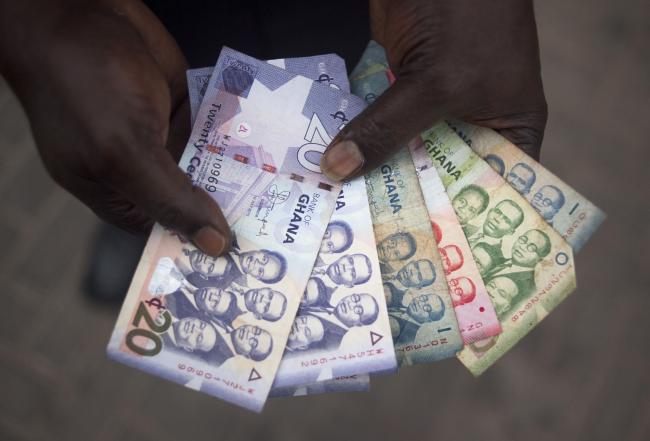(Bloomberg) -- First, a deep cleanup of its banking sector battered Ghana stocks. Now, investors already appear to have a wary eye on elections next year, curbing the prospects of any revival.
The Ghana Stock Exchange Composite Index, the world’s third-worst performing equities benchmark in 2019 in dollar terms, has suffered as a government-led reorganization of banks that ended this year reduced the flow of funding to companies and drained market sentiment. Even though share prices have tumbled, investors may still be reluctant to return, said Joel Hammond, an analyst at Strategic African Securities Ltd.
“By next year, valuations would have troughed, but what could delay a take-off would be socio-political considerations,” Hammond said in an interview. “The banking sector has taken a big hit. It affected the operating environment for businesses and took away government’s ability to spend on growth-inducing areas.”
Read more here about Ghana’s banking cleanup exercise
The world’s second-largest cocoa producer has held seven peaceful ballots since the end of military rule in 1992, so investor concerns around elections are largely focused on the risk that overspending by the government will fuel inflation and weaken the exchange rate.
In 2016, the last election year, the budget shortfall reached 8.7% of gross domestic product against a target of 5.3%, inflation ended the year at 15.4%, missing a single-digit goal, while the cedi weakened 10%. Memories of this remain fresh in the minds of foreign investors, who typically account for three-quarters of market trades, said Ola Warikoru, a Lagos-based analyst at Stanbic IBTC Ltd.
The numbers back up that view. The value of stocks traded on the Ghana exchange dwindled to 142 million cedis ($26 million) from January through August, compared with 485 million cedis a year earlier, according to data compiled by Central Securities Depository Ghana Ltd. Foreign investors were responsible for 74% of equities sold and a 61% share of those purchased.
The banking reforms, which reduced the number of lenders by a third to 23, came at a cost to Ghana’s government, which allocated more than 14 billion cedis in bonds and cash to bail out and recapitalize banks. The budget deficit in the first seven months widened to 3.9% of GDP, beyond a target of 3.2% and the government missed its own goal for infrastructure spending by 45% in the first half.
Slowing global growth may squeeze income from the main exports of cocoa, gold, and oil next year, just as the government may want to fund projects before the December elections, Hammond said. That could trigger inflation and currency weakness, further eroding the appetite for local stocks, he said.
“The government will spend some more next year because of this thinking that they haven’t built anything,” he said. “But how will that be financed? That’s the fear we have.”
